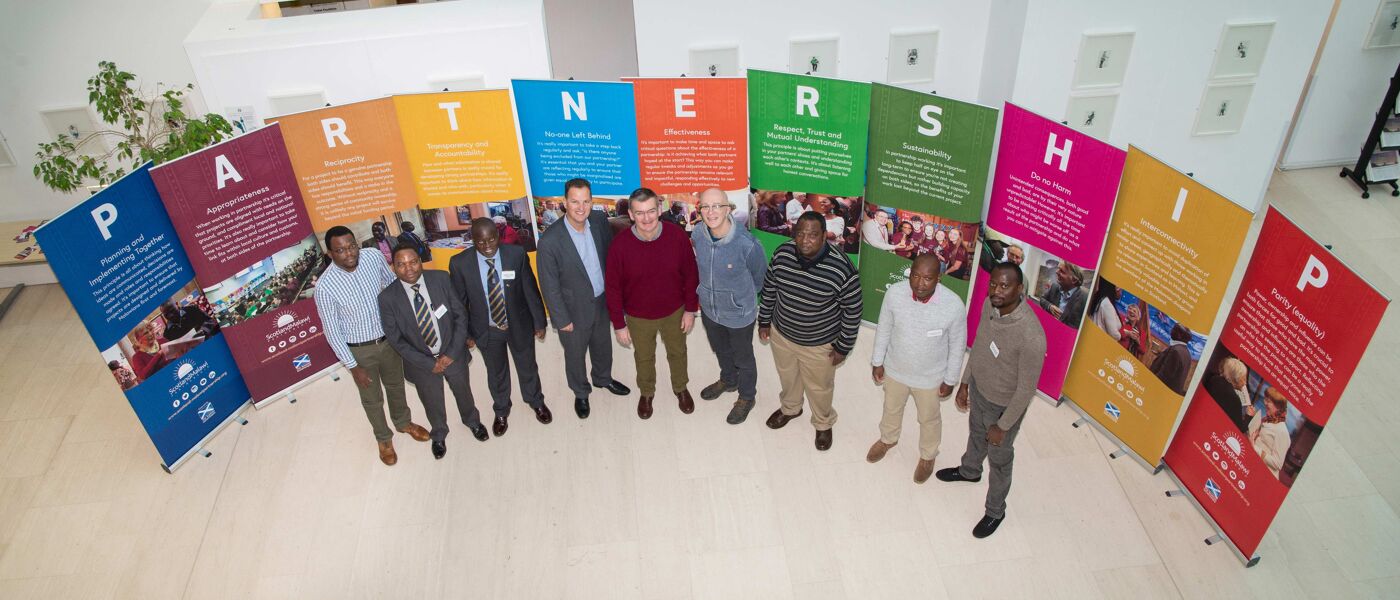International Partner Survey
In the fall of 2021, the Glasgow Centre for International Development (GCID) launched a survey to gain a better understanding of external perceptions of the University’s work with Low- and Middle-Income Country (LMIC) partners and to learn more about the various pressures on our partners and potential partners with respect to international collaboration.
The survey received thirty-eight responses and highlighted several important elements of our international research and some key elements of successful international collaboration. The key findings are noted below and you can navigate the different sections for more detail and examples of the responses received.
We would like to thank all respondents to our survey and continue to welcome any feedback on how we can be a better partner. The information collected through this survey is already being used to improve our processes and to shape the guidance and support we provide to our research teams.
Key Findings
- Health, food security and the environment were the main institutional research priorities for respondents, highlighting shared research interests, regardless of geography
- The main challenges for LMIC institutions’ ability to address identified research priorities are a lack of funding, lack of expertise and lack of time
- Intangible and tangible elements of a collaborative relationship are important for successful partnership, but individuals prioritize those elements differently
- Difficulty identifying potential collaborators, structural inequalities in the funding landscape and the lack of opportunities to network are significant barriers to collaboration for LMIC institutions
- Health is the main area of international development research respondents think of in relation to the University of Glasgow, but a wide variety of responses suggests breadth in our recognized strengths
- Capacity strengthening and our approach to collaborative partnerships are the most commonly identified impacts created by UofG in respondents’ home countries
- Communication, practical enablers, and capacity strengthening are key factors in maintaining successful research collaborations
- Power dynamics, both structural and localized, play a role in almost all aspects of research relationships. Equitable partnerships rooted in trust, mutual benefit, and appreciation of each other’s contexts and constraints are critical for resilient partnership
The University of Glasgow has a strong reputation for international development research. The data gathered offers important insights into how we are viewed externally.
While we are known for our research strengths, notably in health, the most commonly-reported impacts were related to our capacity strengthening and equitable partnerships. Given how equitability, trust and capacity strengthening in the face of structural power imbalances were referenced repeatedly by respondents as being important for successful collaboration, Glasgow’s approach to international research collaboration offers strong potential for ongoing success.

Institutional Research Priorities

Considerations for Collaboration

Perceptions of UofG Research
Read more about what our respondents think UofG's key research strengths are

Perceptions of UofG Impact



